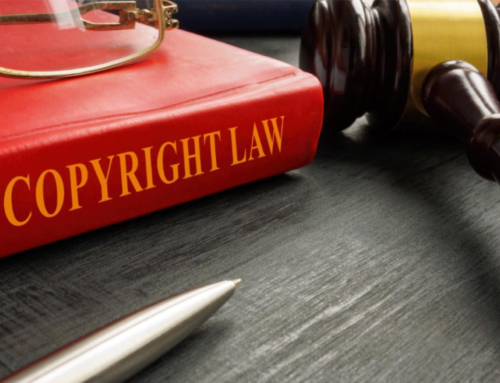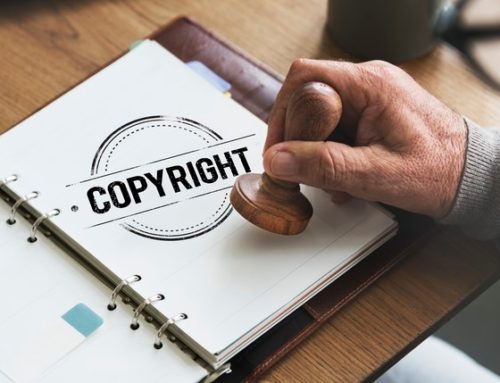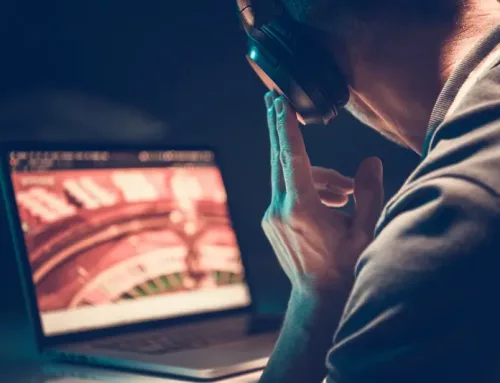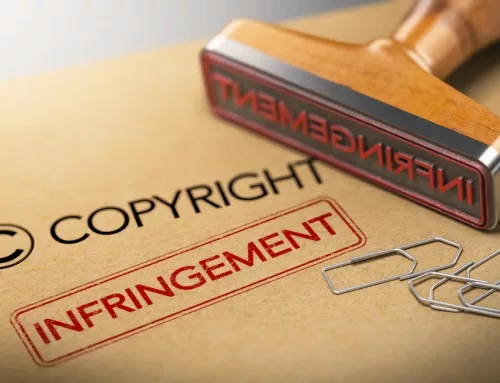Under the Copyright Act of 1976, authors of all copyrighted works have exclusive rights to reproduction and sale of those works. Copyright infringement occurs when these rights are violated, and authors may file a lawsuit in federal court against the individual or group who used the work without permission. If the court finds proof of infringement, then the copyright holder may demand compensation for the damages caused by the infringement.
Below are the top three things to know if you receive a copyright cease-and-desist letter.
1. Check if the Material in Question Has Copyright Registration
If you are accused of copyright infringement, the first thing you can do, aside from seeking legal advice, is to check that the material has been registered with the Copyright Office. To file a lawsuit, the owner must have a registered copyright.
To register a work requires filling out a form with samples, or “deposit copies,” attached, and submitting the form and deposit copies to the U.S. Copyright Office. Obtaining copyright registration is inexpensive, at about $65 per work.
There is no specified time limit for registering a material or creative work. If you have not registered your work but want to file an infringement suit, you can file for registration contemporaneously with filing suit. However, most lawyers would advise authors to register their copyrights within the first months after publication.
2. Know Your Legal Defenses
Individuals sued for copyright infringement usually end up using the following legal defenses:
Innocent Infringement. Under this defense, the alleged infringer had no knowledge that a work was protected by copyright, leading to unauthorized use. Depending on the circumstances, innocent intent usually does not impact infringement liability, but it can impact the extent of damages liability.
Note, if the material contains a valid and correct copyright notice this defense cannot be used in court. A copyright notice would contain specific elements such as the word “copyright” or the symbol (©),the date of publication, and owner of the copyright.
Fair Use Doctrine. Under this defense, the alleged infringer may claim that limited usage of an original author’s work qualifies as fair use. Under U.S. copyright laws, use of copyrighted material is not considered infringing when conducted, for example, “for purposes such as criticism, comment, news reporting, teaching, scholarship, or research.”
Authorization from the Owner of the Copyright. The copyright owner may grant a third party licenses or a legal contract to reproduce its work. In this case, the person who allegedly infringes on another’s work is in fact legally allowed to use the original works.
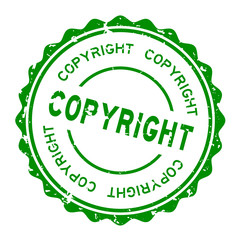
Independent Creation. With the abundance of copyrightable materials out there, similarities may occur without infringement. In this case, alleged infringers may say that their work was not copied from the plaintiff’s.
3. Be Ready to Face Legal Consequences
If the court finds you guilty of copyright infringement, you need to be prepared to face the legal consequences of your actions. Depending on the circumstances, the complaining party may be able demand statutory damage of up to $150,000, or actual damages including lost profits, if they exceed the statutory damages. Moreover, the court shall issue an order preventing you from selling and reproducing the work in the future. In some cases, you may even have to pay for the plaintiff’s attorney fees.
The court determines the monetary damages in infringement cases by considering actual damages (lost sales, licensing revenue, and other financial loss), infringer’s profits (awarded if it exceeds the amount of compensatory damages), statutory damages (monetary damages specified under the copyright law), and expenses associated with the copyright litigation.
In an infringement action, plaintiffs may not demand both actual and statutory damages.
Scope of Copyright Protection
If a material has a registered copyright in the United States, but the copyright violations were conducted outside of the country, can you still be sued for infringement? The answer is that copyright protection rules are similar across the globe due to international treaties like the Berne Convention.
If you are looking for a lawyer in Washington specializing in copyright and intellectual property laws, you may contact us at War IP Law. Our seasoned intellectual property attorneys have over a decade of experience representing both plaintiffs and defendants, and will give you legal advice regarding copyright infringement.

